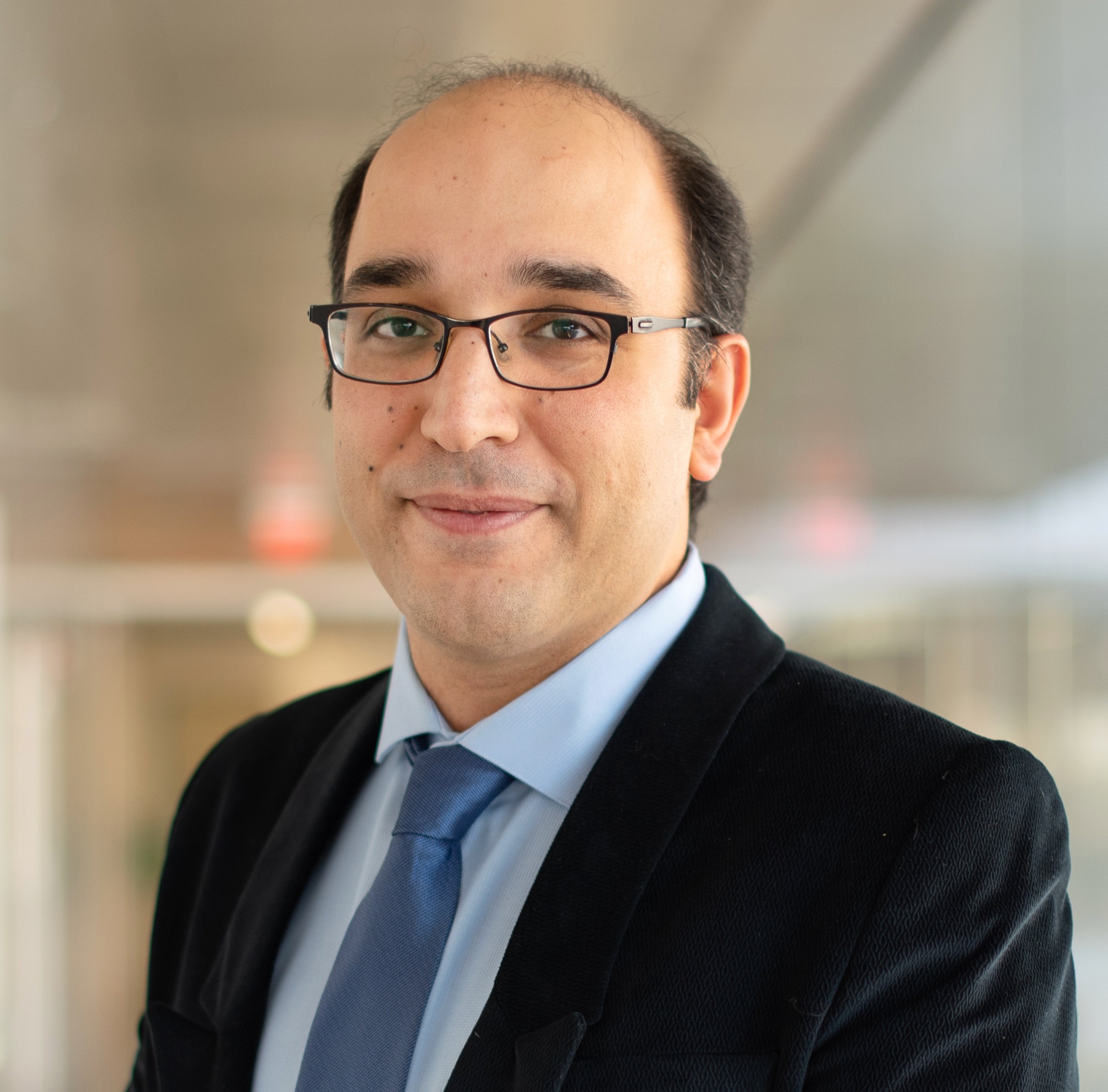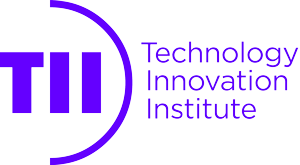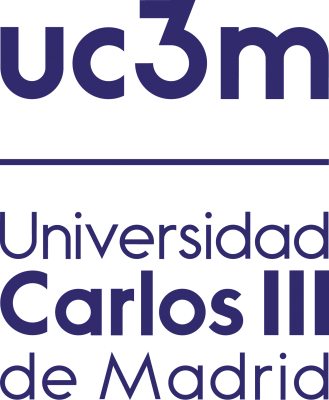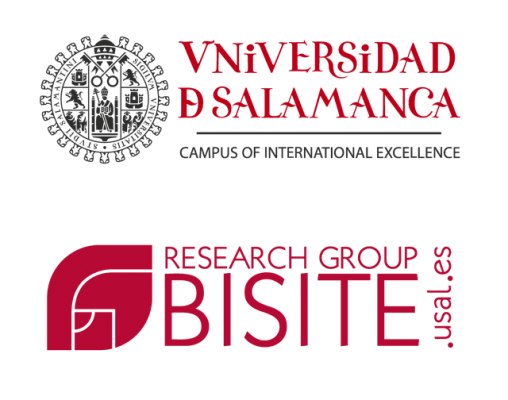KEYNOTE SPEAKERS
Two keynote talks on the topics of channel coding beyond 5G.

Hessam Mahdavifar
Hessam Mahdavifar is an Assistant Professor in the Department of Electrical Engineering and Computer Science at the University of Michigan. He received the B.Sc. degree from Sharif University of Technology in 2007, and the M.Sc. and the Ph.D. degrees from the University of California San Diego (UCSD) in 2009 and 2012, respectively, all in Electrical Engineering. He was with the Samsung Mobile Solutions Lab between 2012 and 2016. His general research interests are in coding and information theory with applications to wireless communications, machine learning, and security. He has won several awards including the NSF CAREER award in 2020, the Best Paper Award in the 2015 IEEE International Conference on RFID, the UCSD Shannon Memorial Fellowship, and two Silver Medals at the International Mathematical Olympiad.
Machine Learning-Aided Channel Coding: Opportunities and Challenges
Today, channel codes are among the fundamental parts of any communication system, including cellular, WiFi, and deep space, among others, enabling reliable communications in the presence of noise. Decades of research have led to breakthrough inventions of various families of channel codes. Yet no unified approach exists in answering these two fundamental questions: Given a channel, how do we efficiently construct the best possible code? And given a channel code, how do we design an efficient and optimal decoder? In this talk, we will discuss how the remarkable advancements in data-driven machine learning (ML) can be leveraged toward answering these questions. In particular, we will focus on a class of codes rooting in Plotkin recursive construction. This class includes Reed–Muller (RM) codes as the state-of-the art binary algebraic codes, as well as polar codes, the first capacity-achieving codes with explicit, i.e., non-randomized, constructions. In the first part of this talk, we will present an efficient and close-to-optimal decoder obtained for RM codes by learning a pruning process applied to an exponentially complex decoder. In the second part, we will tackle the fundamental problem of designing new channel codes. In particular, we will demonstrate KO codes, a new class of channel codes designed by training neural networks while preserving Plotkin-like structures. KO codes beat both of their RM and polar code counterparts, under the successive cancellation decoding, in the challenging short-to-medium blocklength regime. We will also discuss various challenges that should be overcome to pave the way for adopting such ML-aided channel coding strategies in practice.

Warren J. Gross
Warren J. Gross received the B.A.Sc. degree in electrical engineering from the University of Waterloo, Waterloo, ON, Canada, in 1996, and the M.A.Sc. and Ph.D. degrees from the University of Toronto, Toronto, ON, Canada, in 1999 and 2003, respectively. He is currently a James McGill Professor and the Chair of the Department of Electrical and Computer Engineering, McGill University, Montreal, QC, Canada. His research interests are in the design and implementation of signal processing systems and custom computer architectures. Dr. Gross is a licensed Professional Engineer in the Province of Ontario. He served as the Chair of the IEEE Signal Processing Society Technical Committee on Design and Implementation of Signal Processing Systems. He has served as a General Co-Chair of IEEE Nanoarch 2021, IEEE GlobalSIP 2017, IEEE SiPS 2017, and as a Technical Program Co-Chair of SiPS 2012. He served as an Associate Editor for the IEEE Transactions on Signal Processing and as a Senior Area Editor.
Practical Near-Maximum-Likelihood Decodng for beyond 5G
New applications envisioned for networks in 5G and beyond place emphasis on ultra-reliable and low-latency communications. To simultaneously support the seemingly contradictory requirements placed on the error-correcting systems in future networks, near-maximum likelihood decoding of short block-length codes has become a focus of recent research. In this talk we will present recent results on several different near-maximum likelihood decoding techniques for short block-length codes, including techniques for decoding short Reed-Muller and Polar Codes, AI-assisted decoding, and GRAND decoding. An emphasis will be placed on reducing the complexity of near-ML decoding algorithms towards practical hardware implementations.





















